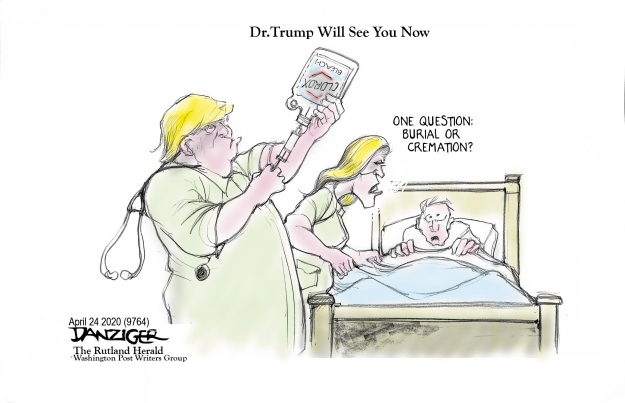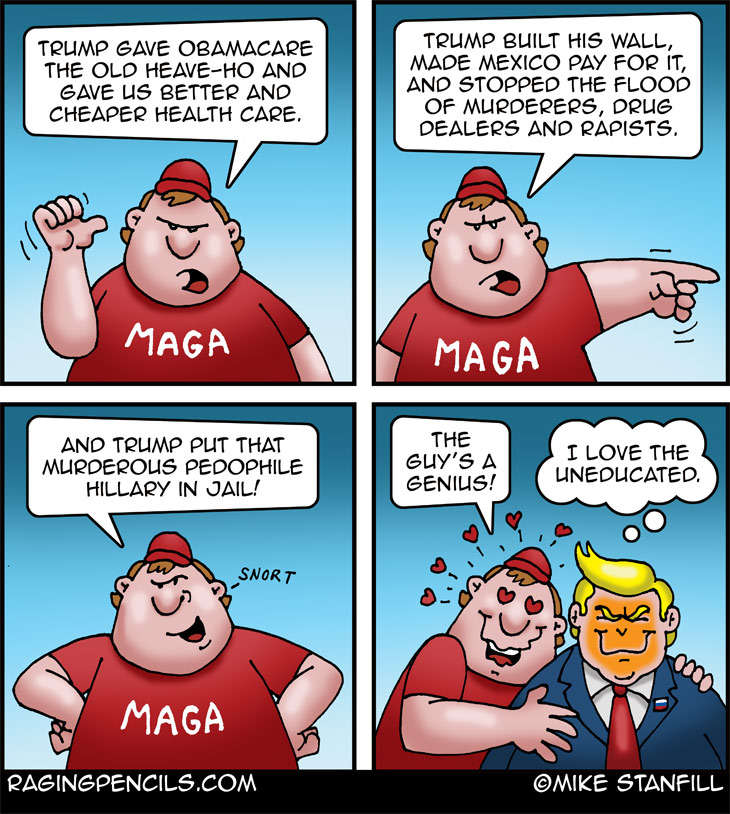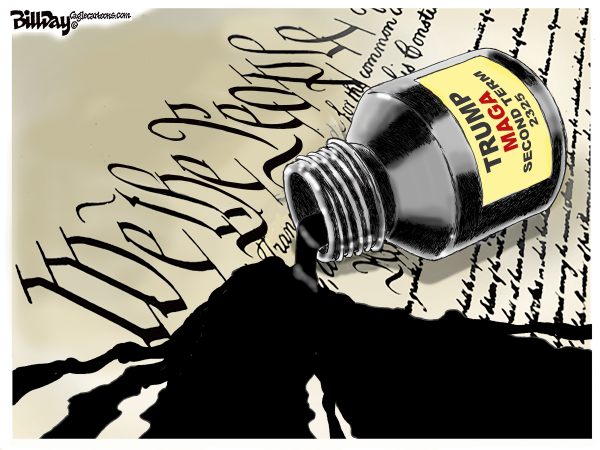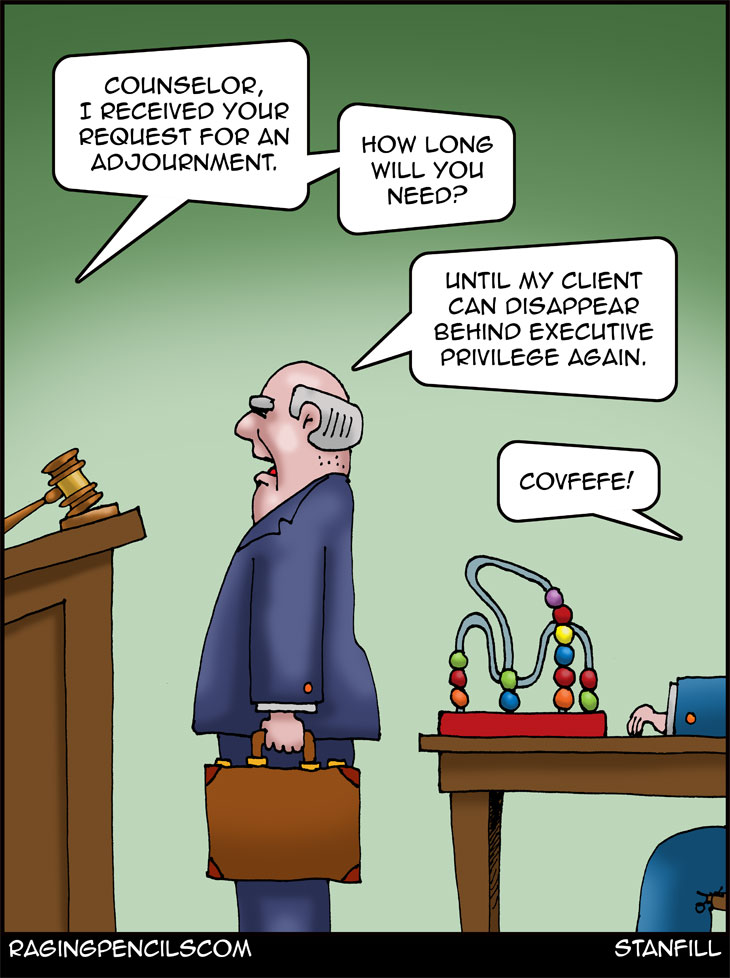Breakdown of four groups who want a few billionaires and certain religious zealots to consolidate their political power.
Peter Montague for Common Dreams
The Trump coalition includes four groups of people:- The
MAGA (“make America great again”) base, mostly rural white
men and women;
- A
group of Silicon Valley billionaires known as the PayPal Mafia;
- A
separate political movement called “religious nationalists”; and
- The Trump crime family itself.
All four groups share one basic aim: to degrade our
one-person-one-vote election system so a few billionaires and certain religious zealots can
consolidate their political power to eliminate free and fair elections to
become even more controlling and richer than they already are.
Here are brief descriptions of the four groups.
1: The MAGA Base: Who Are They?
The hardcore, mostly rural MAGA base can be understood as an
echo of the Confederacy. Philosophically, many of them are the same people who
tried to destroy the United States to preserve slavery via the Civil War
(1861-1865). In their view, the basic ideas that inspired the founding of the
U.S. (1776-1788) are wrong: All humans are not created equal
and should not have equal rights under law. In 2022, MAGA
believers included about 15% of
the U.S. adult population, or about 39 million out of 258 million adults.
DISCLOSURE: Peter is a valued old friend. We collaborated often when I was organizing director at the organization now known as the Center for Health and Environmental Justice especially on issues that involving fighting corporate crime.

.webp)
.webp)

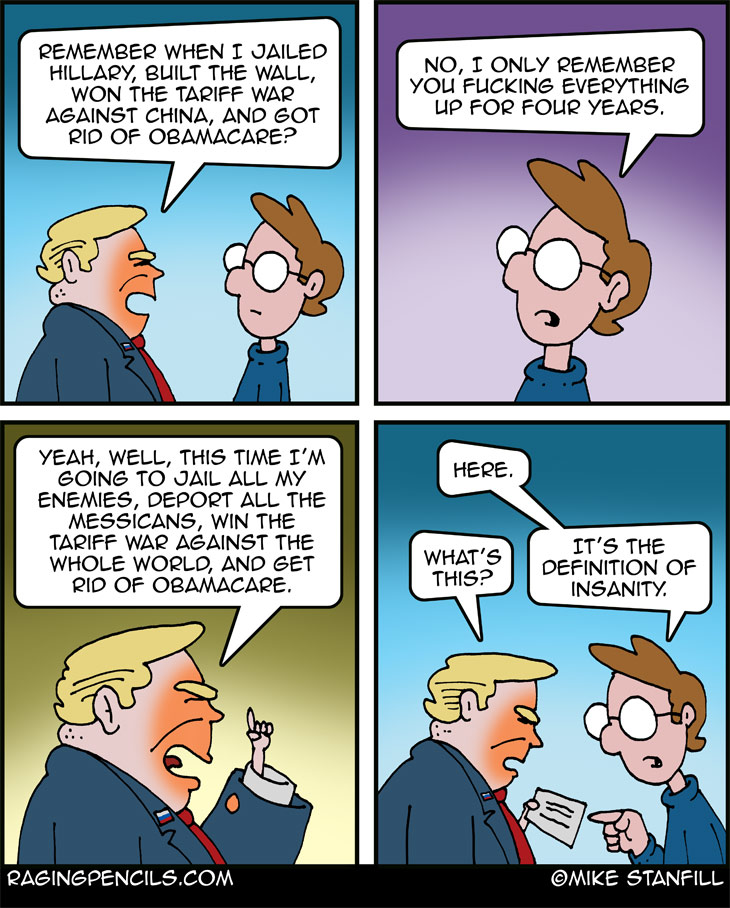

.jpg?itok=Yk7d9mXq)



